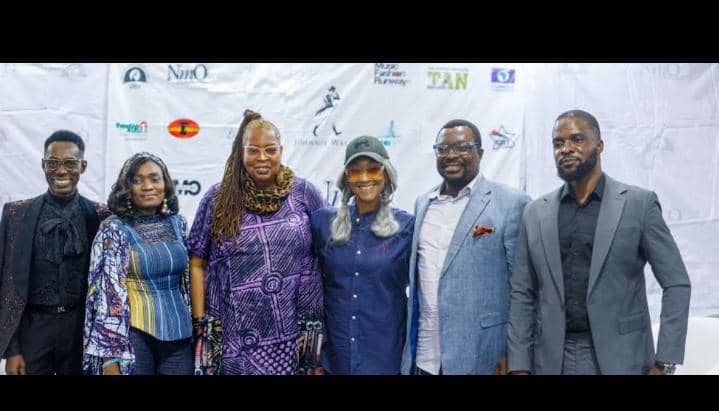Governments across all levels, private sector stakeholders, and development partners have been urged to prioritise long-term financing models tailored for the development of the creative and entertainment industry in Nigeria.
President, Lagos Chamber of Commerce and Industry (LCCI), Gabriel Idahosa, made the call while speaking during the second annual LCCI Creative and Entertainment Symposium and Parade held in Lagos.
Idahosa observed that the creative ecosystem in the country still grapples with structural challenges such as lack of access to funding, intellectual property theft, weak infrastructure, regulatory bottlenecks, and inadequate formal training institutions.
According to him, such challenges can be tackled with intentional investment in the industry by the governments and private stakeholders offering low-interest loans, grants, venture capital, and impact funds to the creative.
He added that the creative and entertainment industry has emerged as survivors and beacons of hope, resilience, and innovation, amidst turbulence.
The LCCI president stated: “In Nigeria alone, the creative sector contributes approximately 2.3 percent to GDP, accounting for over 4.2 million jobs and impacting millions more through ancillary services such as tourism, tech, fashion, and logistics.
“Across Africa, Nollywood stands tall as the second-largest film industry in the world by output, producing nearly 2,500 movies annually and generating over one billion dollars in revenue.”
However, he regretted that the creative sector is heavily informalised with 70 percent of practitioners lacking structured contracts, health insurance, or pension plans.
He, therefore stressed the need for formalisation through tax incentives, digital registration portals, and public-private partnerships with industry guilds.
On her part, the Chairperson, Creative and Entertainment group LCCI, Dr. Ngozi Omambala, said that the event which held in partnership with NmO Management limited aimed to support an enabling environment, building on infrastructure to consolidate a powerful and global creative ecosystem.
Omambala who is also the Group Managing Director, NmO management Limited, stated that: the symposium “comes at a pivotal and watershed moment for creative sector which has seen growth, development at the backdrop of harsh socio economic challenges.
“We intend to constructively tackle the challenges in the interests of future protection and betterment of our creative communities.”
Emphasising the importance of the Nigerian huge youth population, she said: “The youth make up large proportion of demographic landscape. Of Nigeria’s 230million population 70 percent under 30 – Nigeria has largest youth population across the world, an asset to any world economy and indeed a huge capital resource for economic growth and prosperity.”
She also revealed that 2025 Lagos International Trade Fair organised by the LCCI would feature International Artistic Pulse Festival’ , an independently self-run and funded 10 day music film fashion food visual arts and technology driven.
Highlights of the event include; panel discussions, meet the authors, literary launch initiative and fashion parade.















